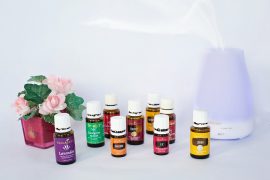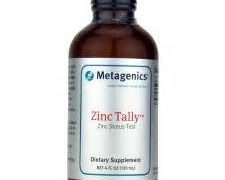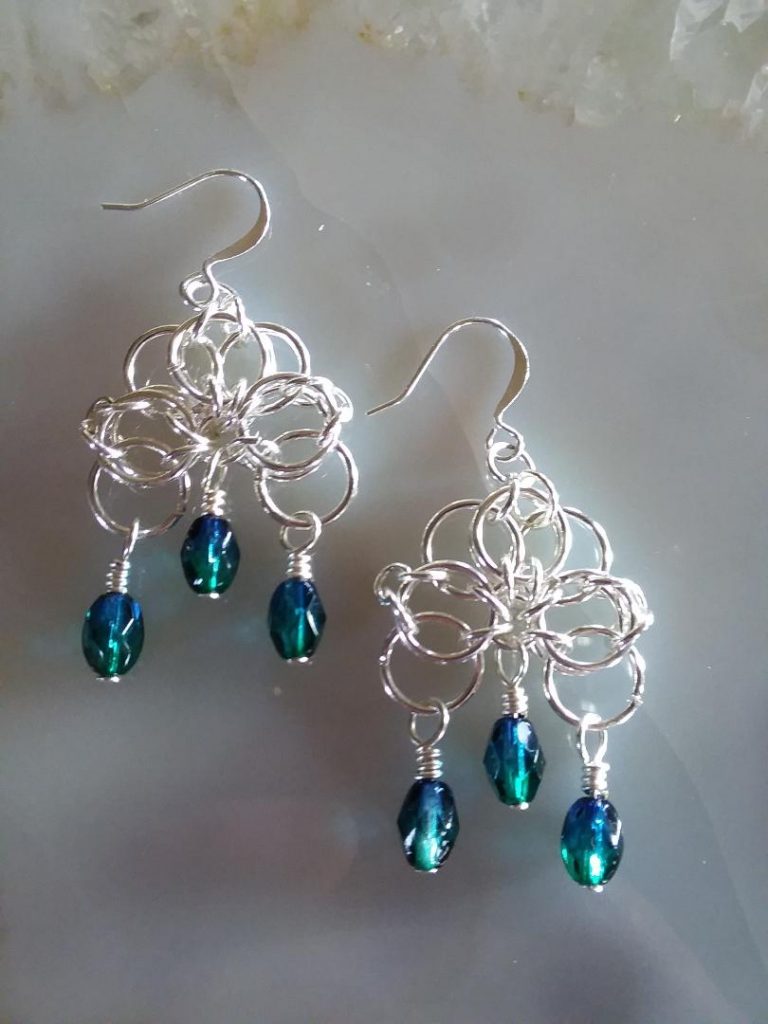Nasal polyps are common and occur in about four percent of the population. These soft non cancerous growths or polyps can occur in the sinuses and/or nasal cavity. Polyps can be caused by chronic sinus inflammation, exposure to fungal spores, chronic inflammation from allergies or pollutants. They are also linked to asthma and cystic fibrosis. While small nasal polyps may go unnoticed, larger polyps can block your sinuses or nasal passage and make it difficult to breathe through your nose.
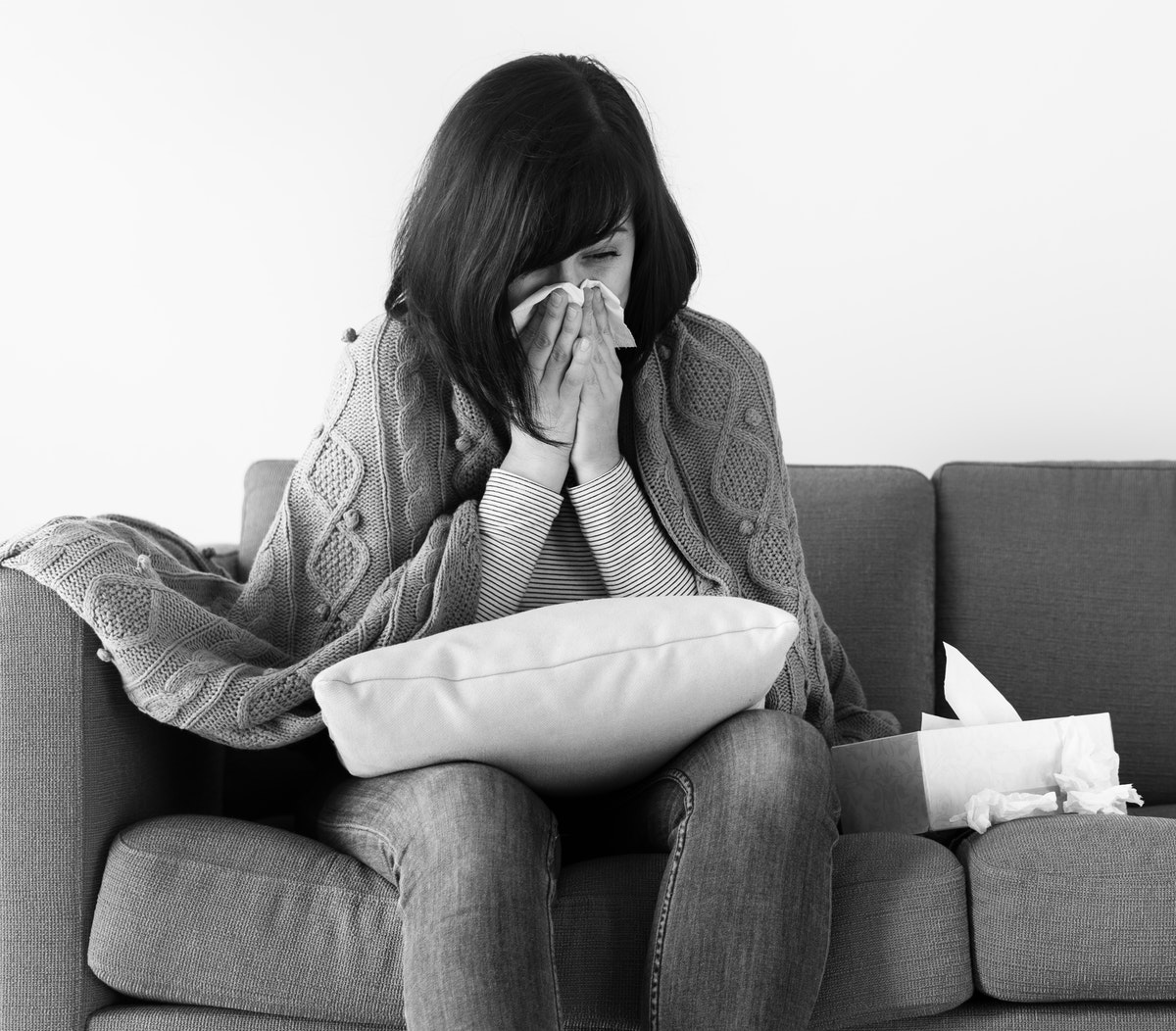
Nasal polyps symptoms
Consistent runny nose
Postnasal drip
Nose is blocked
Headaches
Forehead or cheek pain
Loss of taste
Loss of smell
Pain in the upper teeth
Snoring

Risk factors for polyps
Having a condition that causes inflammation can you put you at increased risk of developing polyps. Conditions such as infections, allergies, chronic sinus infections can increase your risk. Other conditions that are linked with nasal polyps include:
Asthma
Sensitivity to aspirin
Fungal Sinusitis
Family history
Chronic sinus infections

How are polyps diagnosed?
Usually a doctor can see polyps by looking inside the nostril with a light. In addition, a nasal endoscope can look deeper inside the nasal cavity. A CAT scan can also show if the polyps are growing into the sinuses and to what extent.

How are polyps treated?
Some traditional options a doctor will recommend can include: nasal or oral steroids to reduce inflammation and possibly shrink polyps, oral or nasal antihistamines to help decrease allergy symptoms, or surgery.
What’s the downside? According to medline.gov, nasal steroids can help to clear blocked nasal passages and a runny nose, they may also reduce polyps, but symptoms can return when treatment is stopped.
Some nasal polyps don’t respond to these treatments and polyp removal may be recommended. It is however common for polyps to return in 2 out of 3 people, so that is an important factor to consider.
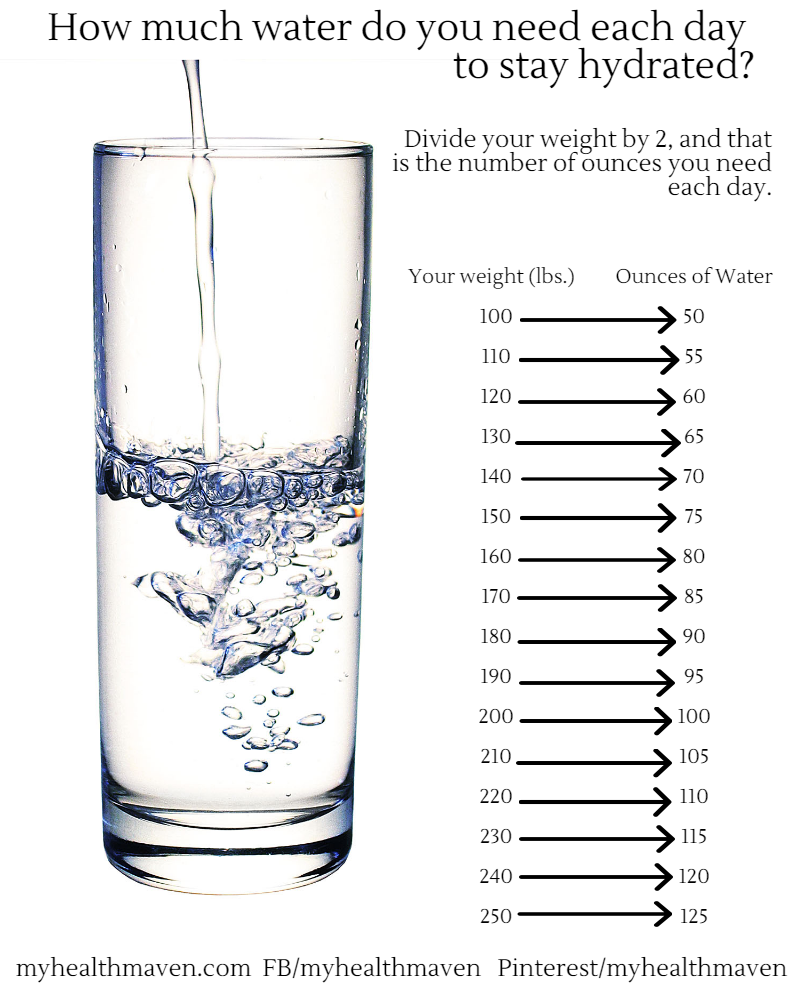
Ten natural tips for relief and prevention
Humidify your home-This can help to moisten your breathing passages. In addition it can also help to thin mucous.
Stay hydrated-To help thin secretions and mucous.
Wash your hands– To protect against viral and bacterial infections be sure to wash your hands frequently with soap and water.
Avoid nasal irritants– When possible try to avoid substances that are irritating to your breathing passages such as smoke, perfumes, allergens, dust and pollutants. If necessary consider wearing a mask to avoid those exposures.
Use a nasal rinse-Use a saline rinse to rinse your nasal passages. This can provide relief from allergies, colds and sinus infections. This is especially important after exposure to irritants, such as dust, pollen and pollutants.
Avoid allergens-Eliminating any food allergens can also help to prevent irritation and inflammation.
Avoid alcohol– Research shows that alcohol can aggravate symptoms in individuals with chronic rhinitis. In addition alcohol can aggravate sinus and lung problems.
Add Omega 3 Essential Fatty Acids– These are great immune boosters and help to protect against inflammation.
Add probiotics-Probiotics help to boost the immune system an important benefit for sinus health.
Proteolytic enzymes-These are natural anti inflammatories and also have anti-fibrolytic activity. These enzymes help to break down scar tissue and abnormal tissue and can be beneficial for nasal polyps.
This is the sinus rinse device I use at home.
Conclusion
Nasal polyps are non-cancerous growths that can occur in the sinus and or nasal cavity. They are linked to chronic inflammation and other health issues. Common signs and symptoms include difficulty breathing through the nose, loss of smell or taste and more.
There are many practical proactive steps that you can take to alleviate symptoms and help to avoid the return of polyps if you have had them surgically removed. Consider looking at dietary changes, supplementation, hygienic practices such as nasal rinses and reducing inflammation.


